Australia has opened one of only a handful of labs across the globe with the capacity to detect mysterious dark matter, something that has never been seen and is little understood.
The Stawell Underground Physics Laboratory (SUPL), located in regional Victoria and one kilometre underground in the Stawell Gold Mine, will lead Australia’s research in the field, advance scientific understanding of dark matter, and attempt to unlock the secrets of the universe.
Dark matter has remained elusive for decades, University of Melbourne Prof. Elisabetta Barberio, the lead researcher on the project, said in an Aug. 19 statement.
“We know there is much more matter in the universe than we can see,” she said. “With the [SUPL], we have the tools and location to detect this dark matter.”
She added that proving the existence of dark matter and understanding its nature will forever change how humans view the universe.
The depth of the SUPL means that cosmic noise is filtered out and dark matter’s signal can be detected, something that has already occurred in a lab in Italy, but now needs to be verified by achieving the same result in the Southern Hemisphere.
Australian National University (ANU) researcher Zuzana Slavkovska, who will take on a leading role at SUPL, said she is currently procuring crystals that will be the primary component of the dark matter particle detector in the lab.
Her team is also working on ways to identify radio-impurities in materials that will be used to build the detector, as particles from radioactive decay may mimic dark matter particles, she explained.
“What excites me most about the lab is that I might be a part of a discovery that will change the understanding of the universe,” she said.
“We believe that about 85 percent of the mass of the universe consists of this mysterious substance called dark matter. We know almost nothing about it.”
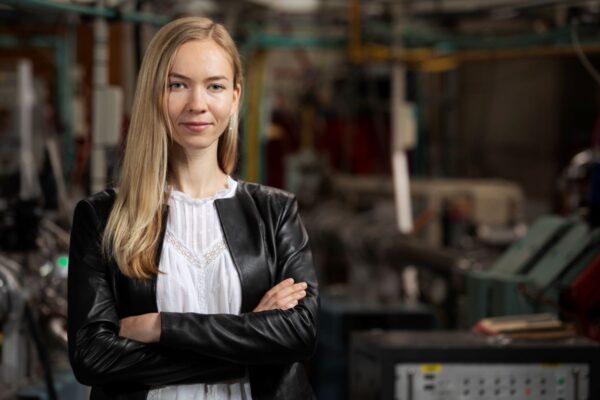
‘On the Map’ in Dark Matter Research
SUPL will now conduct its first experiment, known as SABRE South, which will run in conjunction with the Italian experiment, and aims to directly detect dark matter.The experiments are designed to detect Weakly Interacting Massive Particles (WIMPs), a likely form of dark matter particles.
Australia is one the world’s leaders in astrophysical and space research, according to ANU Vice Chancellor professor Brian Schmidt,
“This amazing new facility is another example of that and will see Australian researchers, including from ANU, provide deep insights into our universe and foundational laws of physics,” he said.
“Dark matter remains elusive, and there are only a handful of labs across the globe capable of making meaningful investigations. Australia has just put itself on the map when it comes to this exciting field of science.”
Schmidt added that along with the mysteries the new lab will help solve, he was also excited about the “work and technology that will bring more earthly impacts to Australia.”
The federal and Victorian governments each contributed $5 million (US$3.45 million) to the building of SUPL, and the lab will be managed by SUPL Ltd., which is co-owned by the University of Melbourne, ANU, the Australian Nuclear Science and Technology Organisation (ANSTO), Swinbourne University of Technology, and the University of Adelaide.
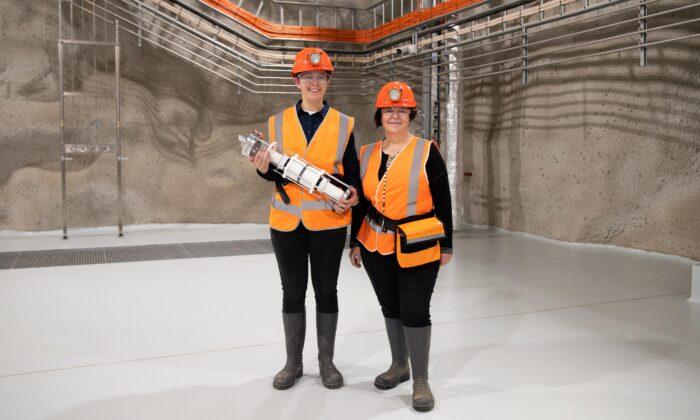

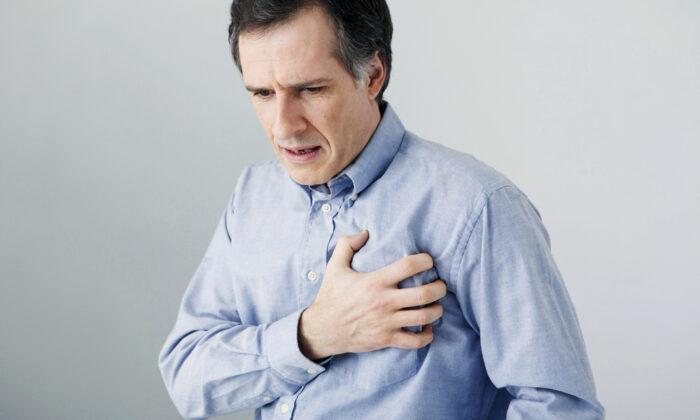
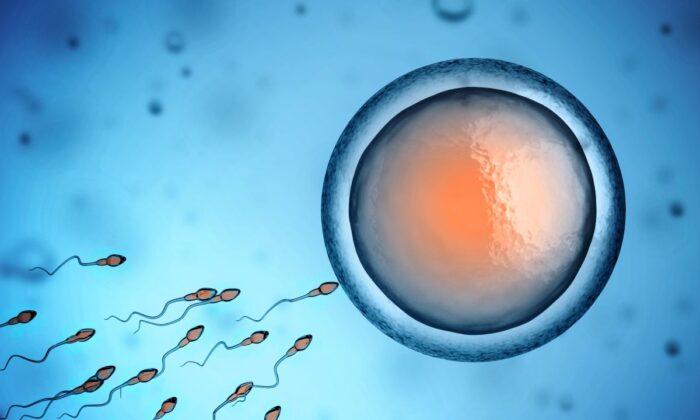
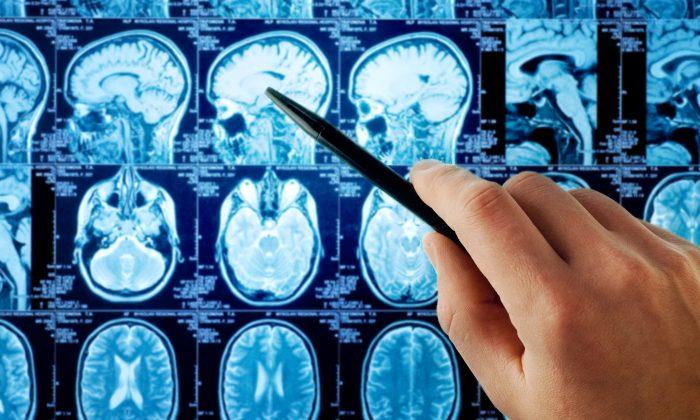
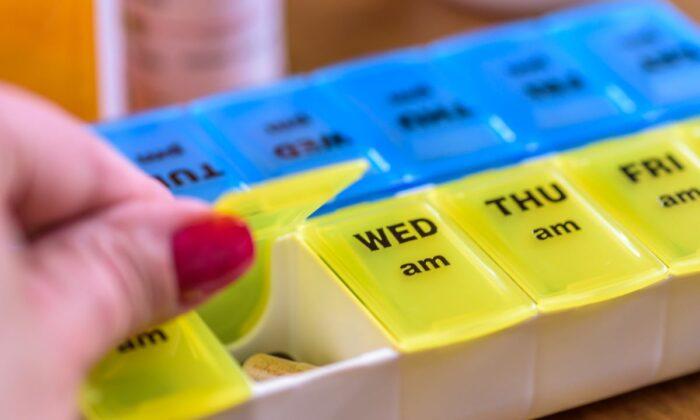
Friends Read Free